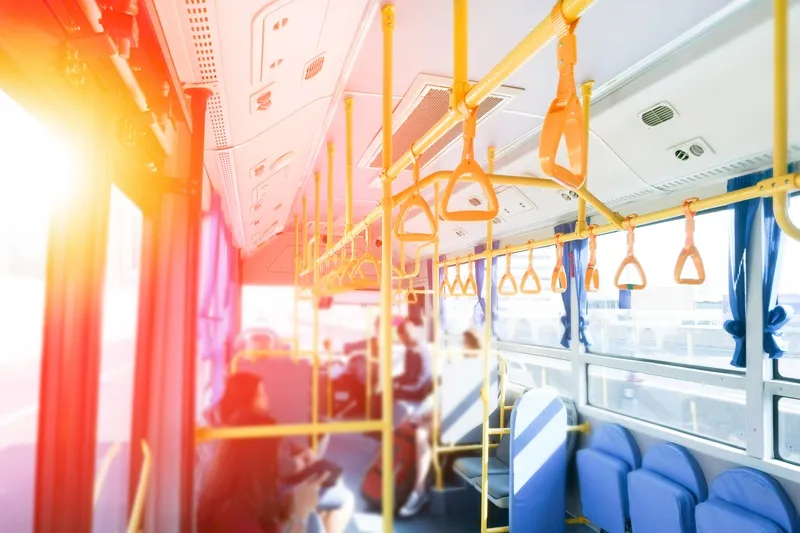
Many transit organisations have reported a 90% drop in ridership.
But a statement co-signed with the International Transport Workers' Federation, the International Union of Railways and United Cities & Local Governments says: "Ensuring continuity of public transport and local mobility services is essential for society and the economy, especially for the many individuals who depend on a well-functioning transport system and must travel to execute their essential daily functions."
It insists that transport and local mobility services "are vital in order to keep key workers moving, and should be arranged so that public transport workers and passengers can travel safely".
The statement calls on authorities to guarantee the supply of "appropriate protective equipment and products to public transport and local mobility operators - and that employers ensure provision to their employees to protect the health and safety of their employees, as well as their passengers".
Data about the outbreak in China, Italy, Spain, France and the US means "we can be sure that the passenger transport sector’s ecosystem will be heavily affected in multiple ways", the organisations say.
They insist that "exceptional measures" will need to be adopted by governments, including financial support - both during the crisis "and to swiftly resume regular operations once Covid-19 is under control".










